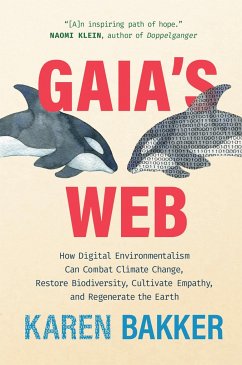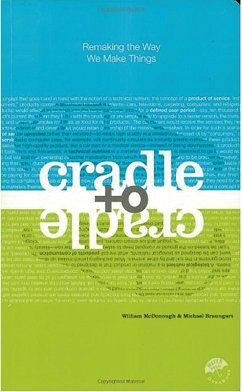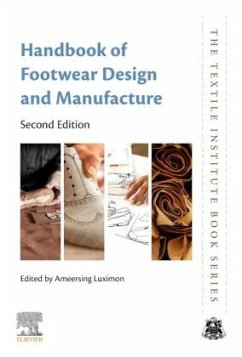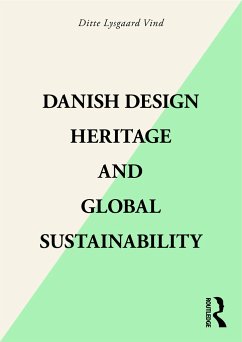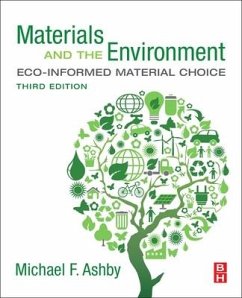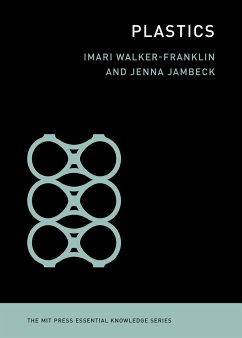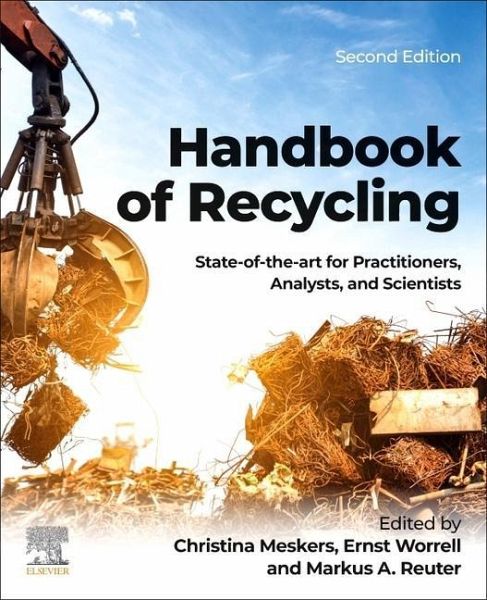
Handbook of Recycling
State-of-the-art for Practitioners, Analysts, and Scientists
Herausgeber: Meskers, Christina; Reuter, Markus A; Worrell, Ernst

PAYBACK Punkte
66 °P sammeln!
Handbook of Recycling, Second Edition is an authoritative review of the current state of recycling, reuse and reclamation processes commonly implemented today, and how they interact with one another. Fully updated to cover recent developments in the field, this second edition has also been restructured to cover general aspects of recycling, applications, technology, recovery and collection, economics, governance and policy. Several new chapters on global recycled material flows, sludges, reinforced plastics, and landfill mining have been added. It concludes with a review of the policy and econ...
Handbook of Recycling, Second Edition is an authoritative review of the current state of recycling, reuse and reclamation processes commonly implemented today, and how they interact with one another. Fully updated to cover recent developments in the field, this second edition has also been restructured to cover general aspects of recycling, applications, technology, recovery and collection, economics, governance and policy. Several new chapters on global recycled material flows, sludges, reinforced plastics, and landfill mining have been added. It concludes with a review of the policy and economic implications, including the impact of recycling on energy use, sustainable development, and the environment. This book is a crucial aid to students and researchers in a range of disciplines, from materials and environmental science to public policy studies.





